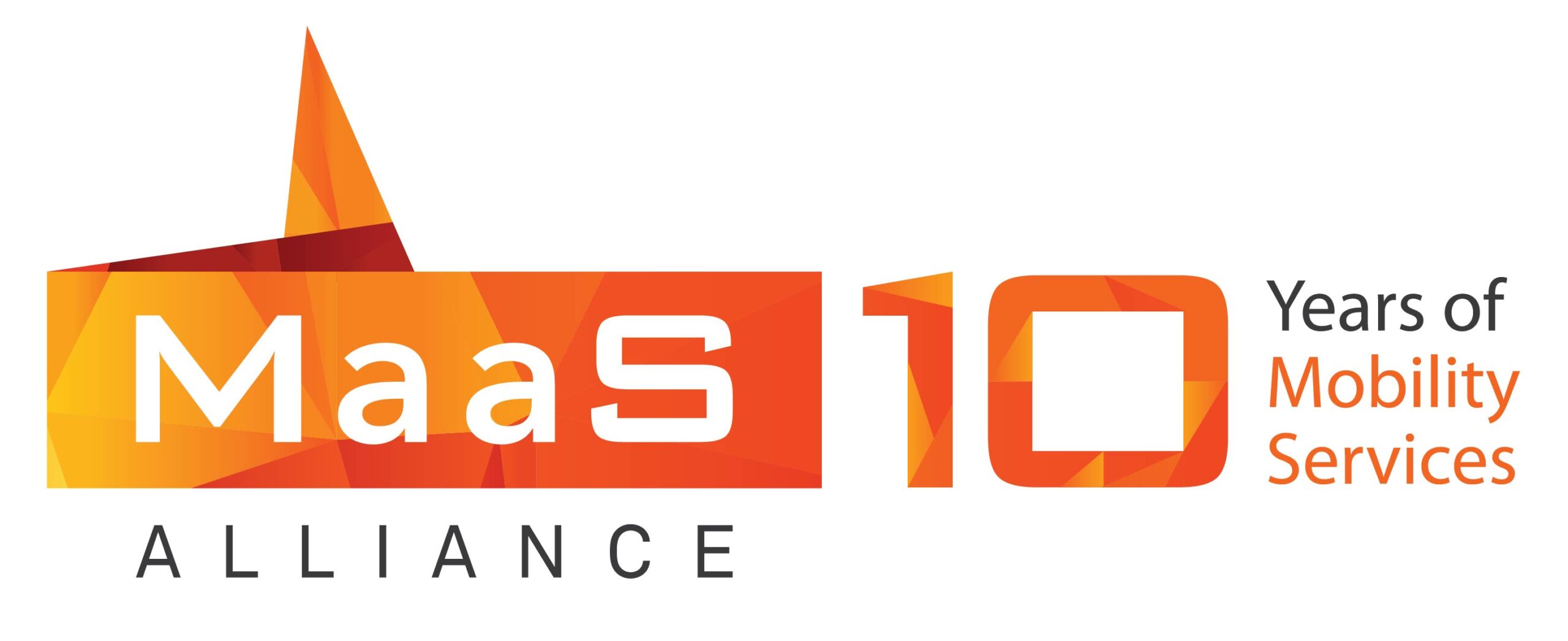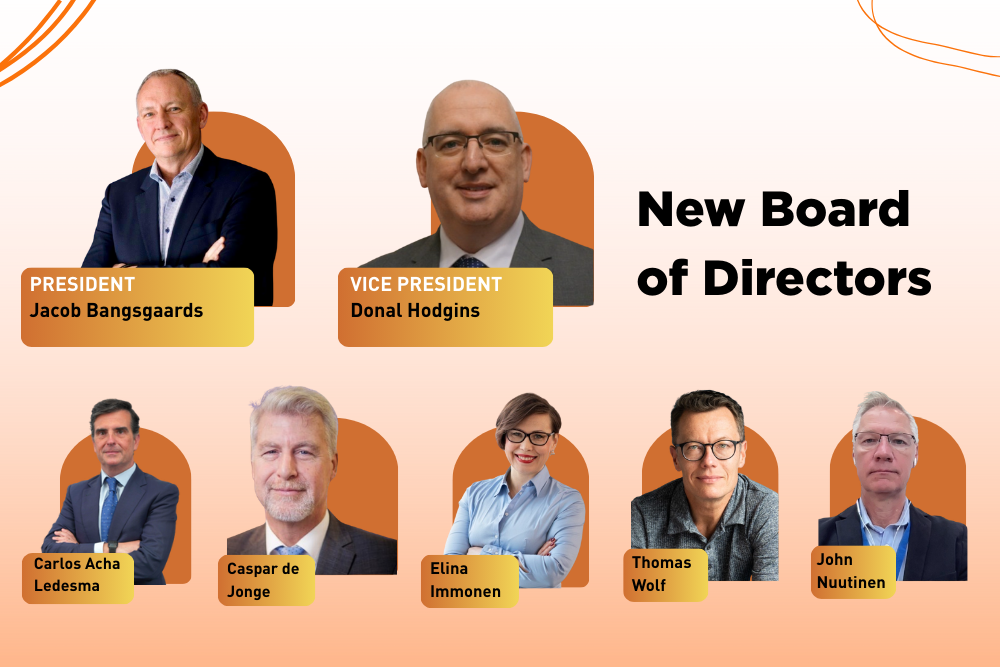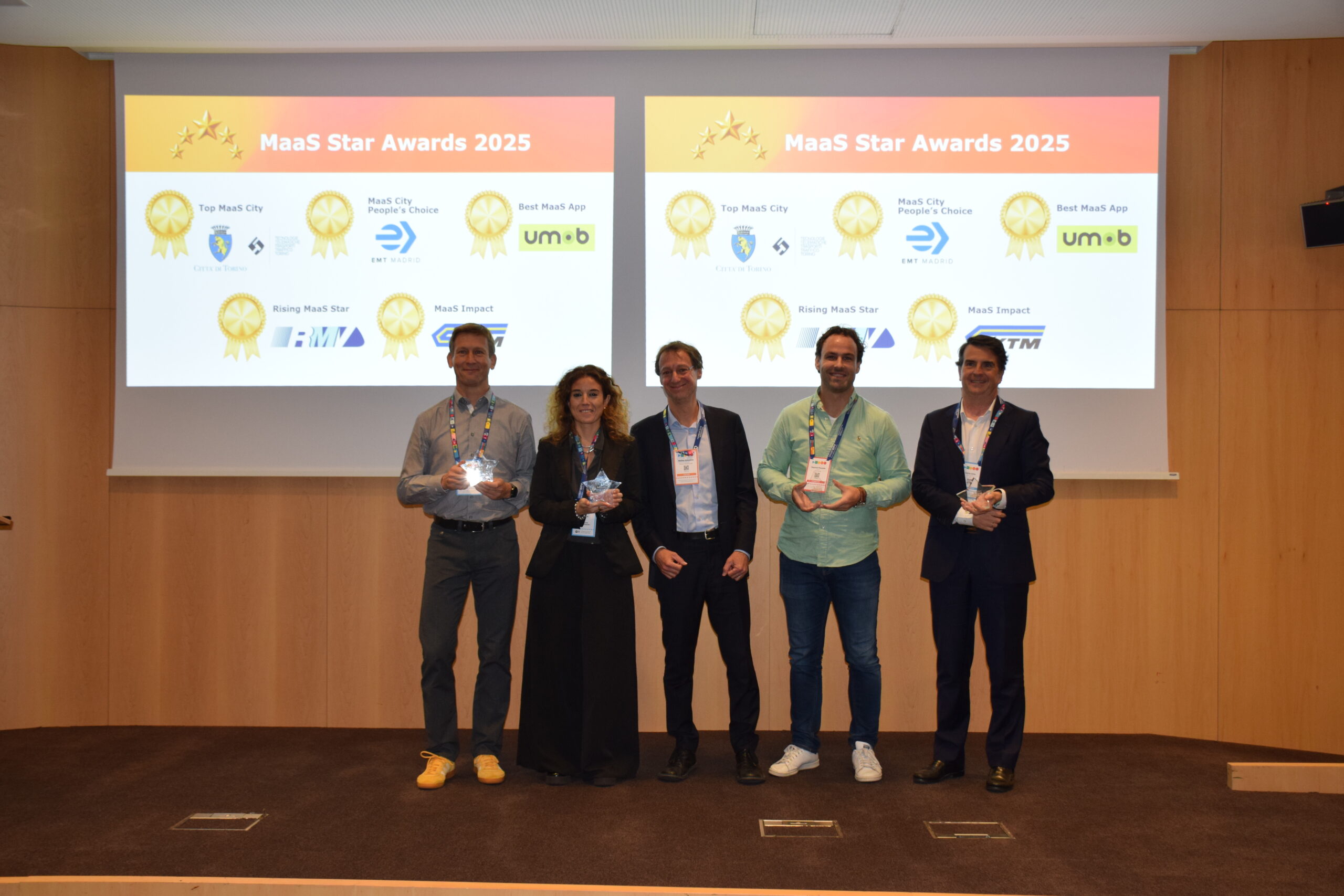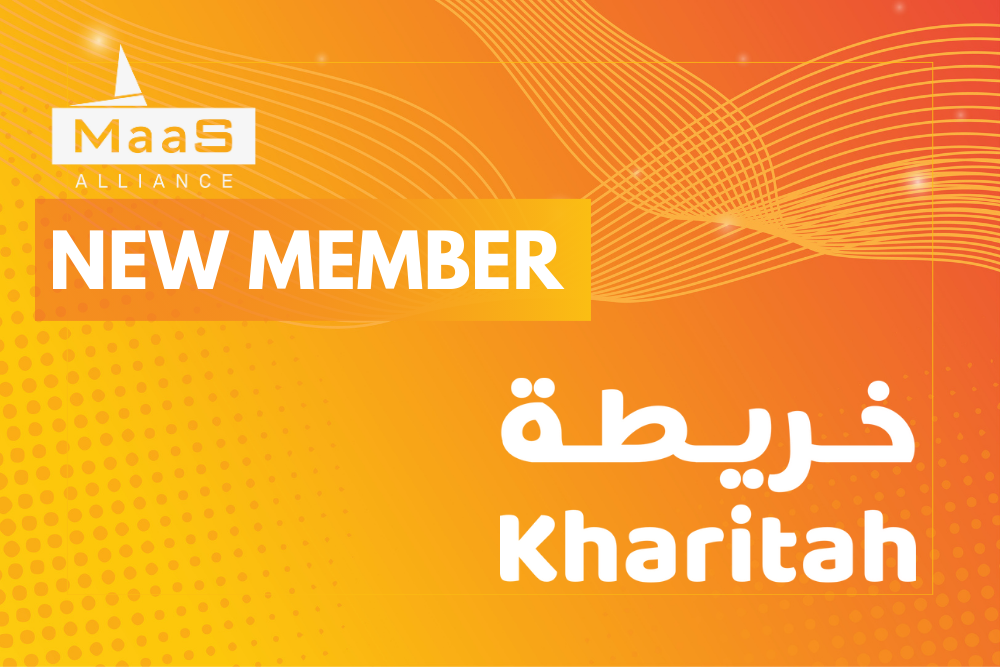Interview with Timo Harakka Finnish Minister for Transport and Communications
On 5 October, MaaS Alliance turns five, what a great journey it has been so far! From an idea born in few bright European minds to an actual drive of over 100 organisations working towards smart and sustainable mobility, MaaS Alliance can proudly celebrate many achievements. To mark this moment, we launch today the interview series with our founding and current Board members. Every month we will put a piece of the puzzle together to understand why, now more than ever, we need MaaS and what lies in MaaS future.
We are proud to start the conversation with Finland’s Minister of Transport and Communications Timo Harakka. Back in 2015, the Ministry was one of the driving forces behind the establishing of the MaaS Alliance, looking back, the mobility sector has changed quite a lot. We asked Minister Harakka what are the most remarkable both positive and negative changes and trends according to him.
“Mobility as a Service has transformed during the past years. What started as an inspiring idea has evolved into a range of different service models, and has become a hot topic of research and an essential tool for reaching our policy goals.”
So, are we moving in the right direction?
“Although MaaS has always been about users and digitalisation, I am glad that sustainability has become more and more significant in the mobility discussion. We have a dire need for solutions that provide our citizens with accessible, easy to use mobility services that help us to decrease emissions. At the same time, as decision-makers, we have to find best ways to make sure new services will support our policy goals. For us to ensure the sustainable development of mobility services, we have to take into use holistic policy tools that bring about sustainable results throughout the transport system”.
When talking about the present situation, Mr Harakka acknowledges that COVID-19 has been a tragedy for many people and the economy. “Especially public-transit ridership has dropped significantly since last spring. At the same time, we were forced to take a digital leap forwards. We have seen a noticeable increase in the use of digital services that has enabled us to continue working effectively. I hope these positive experiences will also lead to a rethinking of mobility, and enforces our use of digital tools and mobility services.”
What have been the main reasons and aspects that made you believe in the success and invest in this mobility revolution?
“I believe in the people-centric approach of Mobility as a Service. I also consider its focus on digitalisation essential, since digitalisation has given us better tools to combine different transport modes in a user-friendly ways. The efficiency of our transport system can be increased and, at the same time, we can improve its service level for our citizens. I think it is important that we consider at European level, what kind of transport system is needed to support this kind of service development.”
What are currently the Ministry’s most high-priority projects? How is the vision of MaaS or multimodal, data-powered mobility incorporated in your modus operandi and preparation processes?
“We are currently preparing Finland’s first 12-year national transport system plan, which aims to add a longer-term perspective to the development of the Finnish transport system. The plan will also include actions that support the MaaS development in Finland. For example, we will focus on data sharing and improving the quality of mobility related data. We will also support public transport as the backbone of MaaS and assist in developing systems needed to create multimodal travel chains and tickets. We also want to make sure that transport infrastructure supports multimodality.
On a more personal level, when talking about his own vision, Mr Harakka highlights the significance of sustainability; “to me, it is important that the transport system continues to safeguard socially and ecologically sustainable and regionally balanced development. In this work, we must take a horizontal and holistic view of transport systems, if we want to enable sustainable mobility solutions for our citizens. We are also preparing a roadmap for fossil-free transport, which shows how the climate objectives will be achieved in the transport sector. Sustainable mobility services will be needed in order to reach these goals.”
A word on the future, what are the Ministry’s priorities and how do you think MaaS will look in the next 5 years?
“We want to help to improve data availability and quality in the transport sector. In addition, the interoperability is one of the themes that still requires of a lot of work. Sustainability will also continue to be one of our main goals and principles. We want to make sure we take into account all sides of sustainability: social, economic and environmental sustainability.”
What are your wishes for the MaaS Alliance?
“We have been very pleased with the work done by the MaaS Alliance. It goes also without saying that MaaS Alliance has done phenomenal job on promoting the concept. The development of membership and becoming a truly global organisation shows that there is a clear demand for MaaS and the organisation is doing the right things. Through the work and co-operation of the Alliance we have been able to share and spread our ideas about MaaS, and learned important lessons about how to push this development forward together.”



